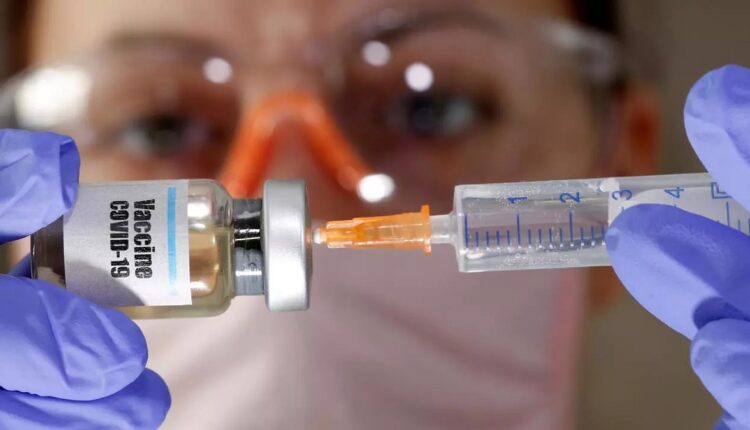Biontech plans to provide data on children’s vaccine by the end of September
The biotechnology company will manage the approval of its inoculation against coronavirus for children between 5 and 11 years old
The German pharmaceutical company Biontech plans to offer data on the inoculation against the coronavirus with its vaccine in children between five and 11 years old at the end of September. The dose for this age group will be 10 micrograms, a third of the adult dose, Özlem Türeci, co-founder of Biontech, said in statements published in Bild am Sonntag.
Biontech announced on September 10 that it will apply for approval of its coronavirus vaccine for children between the ages of five and eleven in the coming weeks. According to the report, the results of the study are already available and only need to be prepared for the regulatory authorities.
Vaccination data for even younger children will be available by the end of the year, according to Türeci. “(For that group) we will lower the dose again,” she added.
Risks prevention
For its part, the European Medicines Agency (EMA) stated that it could not yet give a deadline for a possible authorization. The German pharmaceutical company is already preparing production. The director of the German Pediatric Association, Jörg Dötsch, stressed that vaccination in the age group would especially benefit children at risk.
Dötsch added that Germany’s Standing Committee on Immunization (Stiko) could start by recommending vaccination at that age for children at risk, just as it did for children 12 to 17 years old. The risk of unexpected side effects must be weighed against the benefit of vaccination, he stressed.
Regarding booster vaccines, Ugur Sahin, co-founder of Biontech, commented that it depends on the desired strategy. “If you want to keep infections at a low level in general, you need a high level of antibodies to be able to prevent infections. For this purpose, the third vaccination makes sense.” But if you want to prevent serious diseases and the overflow of intensive care units, you can certainly follow a different strategy and wait longer for booster shots.”
Sahin was optimistic about the evolution of the pandemic in Germany. In his opinion, in the next European spring almost the entire population will be immune, either because it is vaccinated or because it was immunized after passing the infection. “The virus will still be there, but the strategies on how society deals with it will no longer be controversial. The virus will no longer be a threat.”
Source: dpa


